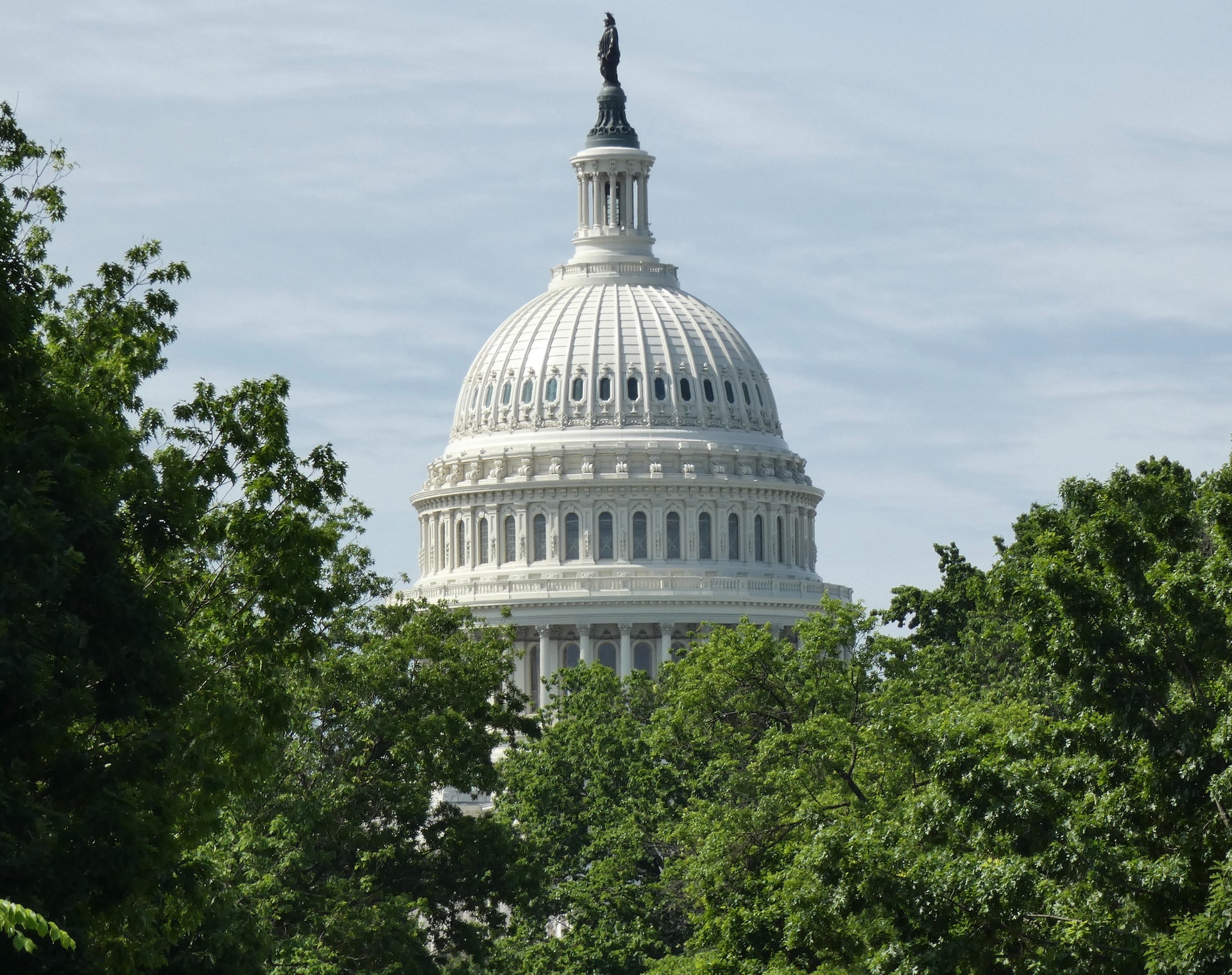The Dangers of CHOICE Act
The U.S. House of Representatives on Thursday approved banking reforms in the Financial CHOICE Act of 2017 that would, if adopted, “gut many of the key banking reforms implemented after the financial crisis” according to a CNBC article. Apart from the overall impact on the Dodd-Frank Act, the law makes an important change to the SEC whistleblower program which would impact employees reporting violations of the federal securities laws.
The CHOICE Act would require the SEC to deny awards to culpable whistleblowers despite the fact that they have not been convicted of a crime and made the decision to report the behavior to the Securities and Exchange Commission. The SEC program already denies award to “any whistleblower who is convicted of a criminal violation related to the judicial or administrative action[.]”
What it Would Mean

(A) procures, induces, or causes another person to commit the offense;
(B) aids or abets another person in committing the offense; or
(C) having a duty to prevent the violation, fails to make an effort the person is required to make.
The change will, in all likelihood, weaken a program that has helped recover more than $500 million for the U.S. Government since 2010.
Senator Jacob Howard, the chief sponsor of the False Claims Act in 1863, described what has become the nation’s leading law fighting fraud as “setting a rogue to catch a rogue[.]” In rejecting this position, the U.S. House reaches beyond convicted criminals (already barred by the present law) to relatively innocent people required to make difficult decisions with their career and income on the line.
With the proposed change, the U.S. Government will make a strong statement that it does not want the help of anyone that has had any involvement in the violation of the federal securities law. However, in some cases these are the people who are most likely to have the evidence necessary to put a stop to the financial fraud.
The complete denial of a reward for this behavior would be the first of its kind. The IRS whistleblower program currently provides for the reduction of an award if the whistleblower “planned and initiated” the actions.
The Devil in the Details
In reality, the devil is probably in the details. If the SEC takes a broad reading of the “aids or abets” section and the failure to act section, then it could have a chilling effect which ultimately results in fewer people reporting wrongdoing. The real problem is that it inserts a substantial amount of uncertainty it what was supposed to be a mandatory award.
Let’s not reverse course now. The SEC has worked hard to establish a successful program and protect the whistleblower.This would impact people who are mostly innocent (i.e., ordered to do so by their employer under threat of termination or simply trained by their employer to do such tasks without any discussion of the legality) and are trying to do the right thing. The current standard (criminal conviction) is the best one.


